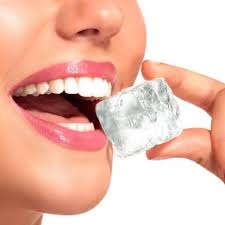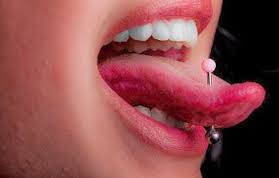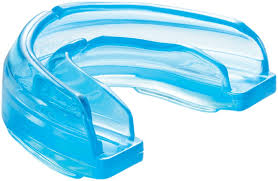
Bad Oral Habits: What They Are and How to Break Them
Bad oral habits play a significant role in our oral health. While brushing and flossing are essential, certain bad habits can silently harm your teeth and gums over time. Identifying and eliminating these habits can save you from costly dental issues and keep your smile healthy.

Common Bad Oral Habits
Nail Biting
Nail biting isn’t just bad for your nails—it can damage your teeth too. This habit places stress on your teeth, increasing the risk of chips, cracks, and enamel wear. It can also introduce bacteria from your nails into your mouth.Teeth Grinding and Clenching (Bruxism)
Grinding or clenching your teeth, often caused by stress or sleep disorders, can wear down your enamel, cause jaw pain, and lead to headaches. Over time, it may even result in cracked or broken teeth.Using Teeth as Tools
Biting open packages, tearing tape, or holding objects with your teeth can lead to fractures or other damage. Teeth are designed for chewing food—not as multitools!Chewing on Hard Objects
Many people chew on pens, pencils, or ice as a stress-relieving habit. These objects are harder than your enamel and can cause chips or cracks in your teeth.Overbrushing
Brushing too hard or using a hard-bristled toothbrush can erode enamel and irritate your gums, leading to sensitivity and receding gums.Thumb Sucking (in Children)
Prolonged thumb sucking in children can cause misalignment of the teeth and affect the development of the palate, leading to orthodontic issues later.Frequent Snacking on Sugary Foods
Constantly munching on sugary snacks or sipping on sugary drinks provides a continuous source of food for bacteria in your mouth, increasing the risk of cavities and gum disease.Smoking or Using Tobacco Products
Tobacco use stains your teeth, causes bad breath, and significantly increases your risk of gum disease, tooth loss, and oral cancer.Not Wearing a Mouthguard During Sports
Playing contact sports without a mouthguard puts your teeth at risk of chips, fractures, or being knocked out entirely.Skipping Dental Checkups
Avoiding regular visits to the dentist can allow minor issues like cavities or gum disease to go unnoticed and worsen over time.

Consequences of Bad Oral Habits
Ignoring these habits can lead to serious oral health problems, including:
Tooth Sensitivity
Gum Recession
Tooth Decay and Cavities
Cracked or Broken Teeth
Jaw Pain and Temporomandibular Joint (TMJ) Disorders

Tips to Break Bad Oral Habits
Be Mindful
Awareness is the first step to breaking a bad habit. Keep track of when and why you engage in the behavior and identify triggers.Use Substitutes
Replace harmful habits with safer alternatives. For example:Chew sugar-free gum instead of biting nails or pens.
Use a stress ball to manage anxiety instead of grinding your teeth.
Practice Relaxation Techniques
Stress management techniques like deep breathing, yoga, or meditation can help reduce bruxism and other stress-related oral habits.Choose Healthy Snacks
Opt for tooth-friendly snacks like fresh fruits, vegetables, cheese, or nuts instead of sugary or starchy foods.Wear Protective Gear
If you grind your teeth at night, wear a custom-made nightguard. If you play sports, always use a mouthguard.Visit Your Dentist Regularly
Regular dental checkups allow your dentist to identify issues early and provide solutions tailored to your needs.

Final Thoughts
Your daily habits have a profound impact on your oral health. While it’s easy to overlook bad oral habits, their consequences can be long-lasting. Taking steps to break these habits now will protect your teeth and gums for years to come.
Remember, your dentist is your ally in maintaining good oral health. If you’re struggling with any of these habits or noticing their effects, don’t hesitate to seek professional advice.
By making mindful choices and staying proactive, you can ensure a healthy, beautiful smile for life!
